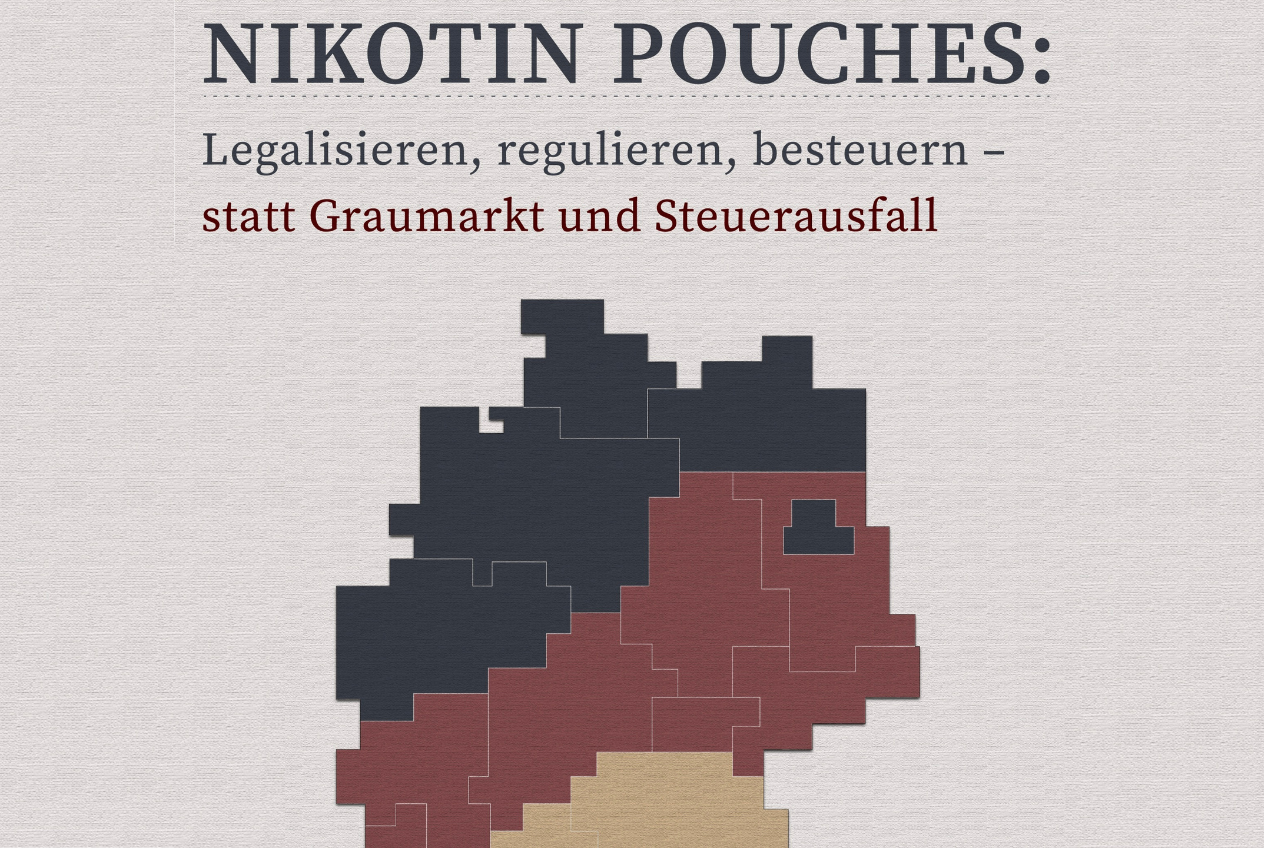KUALA LUMPUR, 21st October 2024 — The Consumer Choice Center (CCC) representative, Tarmizi Anuwar appreciates the government’s efforts to enhance consumer satisfaction and protect consumer rights in the hospitality sector. However, the recent proposal to mandate a minimum 23-hour stay at hotels is a one-size-fits-all approach that does not adequately consider the operational diversity of hotels. “Imposing a fixed period of stay for all hotel types overlooks the flexibility that different travelers and hotel operators need,” said Tarmizi Anuwar, Malaysian Country Associate at Consumer Choice Center.
This policy would create several implementation challenges for hotel operators that will affect consumers. Many hotels rely on a carefully managed balance of check-in and check-out schedules to facilitate room turnover, cleaning, and other services, particularly during high-demand seasons. Requiring a minimum 23-hour stay would strain this balance, increasing labor costs and potentially delaying room readiness for incoming guests. “Forcing hotels to comply with this mandate will lead to inefficiencies that could ultimately raise room prices, affecting consumers who are already price-sensitive,” Tarmizi added.
For consumers, the fixed 23-hour rule could limit options and reduce flexibility, especially for short-stay travelers or business guests. Many prefer the convenience of selecting accommodation based on their specific needs rather than being tied to a minimum stay duration. “This policy risks reducing consumer choice, making it harder for guests to find suitable accommodations tailored to their schedules,” he emphasized.
A more effective alternative would be to adopt flexible check-in and check-out models, as seen in other countries such as Japan and parts of Europe. In Japan, for example, some hotels allow guests to pay for the exact duration of their stay, offering flexibility whether they need a few hours or a full day. “This model empowers consumers to decide how long they wish to stay, giving them more control and improving overall satisfaction,” Tarmizi noted.
Hotels can also explore other ways to enhance customer experience, such as offering 24/7 reception services or self-service check-in kiosks. These options not only reduce wait times during peak hours but also improve customer satisfaction by letting guests control their arrival and departure times.
For younger, more spontaneous travelers, flexible check-in options would be especially appealing. Hotels can offer this flexibility either as a value-added service or as a chargeable option, allowing guests to personalize their experience. “Providing flexibility in check-in and check-out times would not only attract a wider range of travelers but also enhance the competitiveness of the hospitality industry,” Tarmizi concluded.
We encourage the government to engage with stakeholders and consider these alternative, flexible solutions, which prioritize consumer choice and maintain operational efficiency without over-regulating the market.




